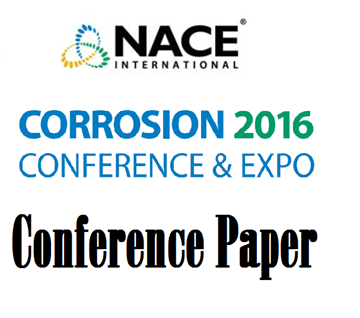Search
11035 Design of an Internal Onshore Coating System Qualification Program for Tubular Goods
Also Purchased
07697 DEVELOPMENT OF INTERNAL ANTI-CORROSION COATING TECHNOLOGY FOR SOUR GAS GATHERING PIPELINES
Product Number:
51300-07697-SG
ISBN:
07697 2007 CP
Publication Date:
2007
$20.00
51316-7323-Study of protection mechanism of multifunctional coating systems against internal corrosion in pipelines in oil and gas industry
Product Number:
51316-7323-SG
ISBN:
7323 2016 CP
Publication Date:
2016
$20.00
09047 Mechanical and Environmental Evaluation of Two Internal Pipe Coating Systems Used in a 5-inch Drill Pipe
Product Number:
51300-09047-SG
ISBN:
09047 2009 CP
Publication Date:
2009
$20.00




